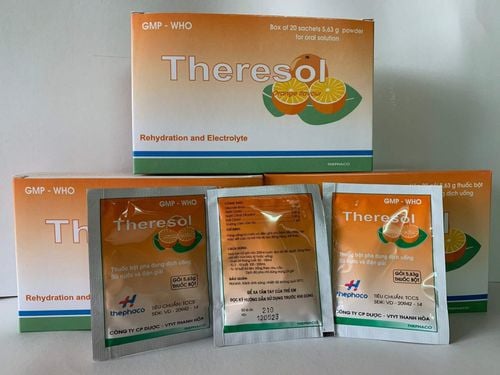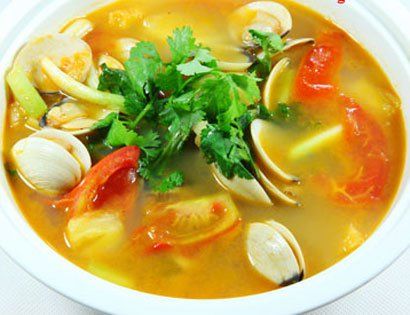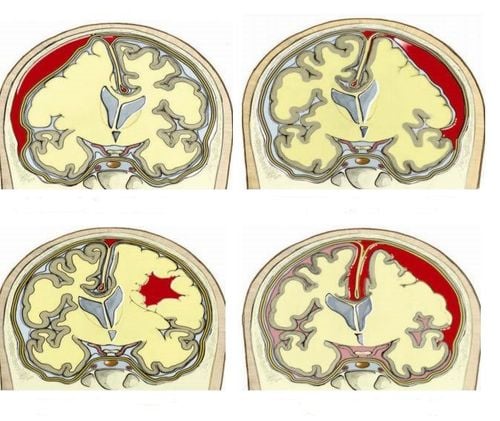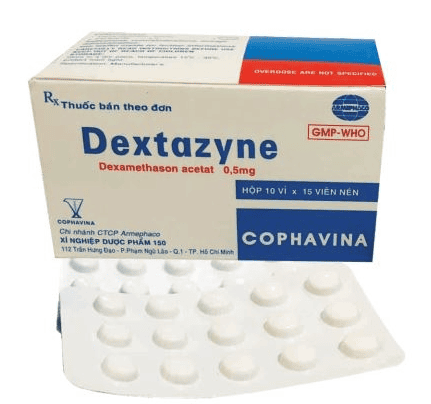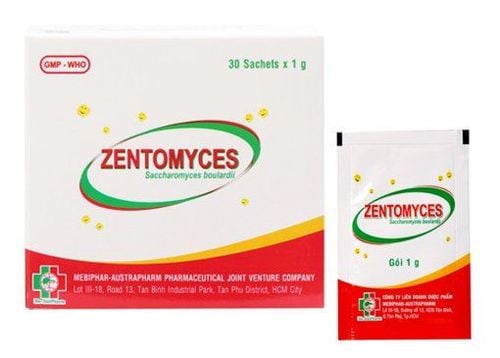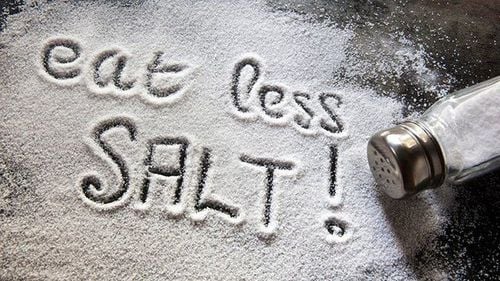This is an automatically translated article.
The article is expertly consulted by Master, Doctor Phan Thi Cam Van - Neonatologist - Department of Pediatrics - Neonatology - Vinmec Danang International General Hospital. He has 07 years of experience as a Resident Doctor and a Pediatrician - Neonatal Doctor at Hue Central Hospital and Hue University Hospital of Medicine and Pharmacy. In particular, he has strengths in newborn care and treatment, neonatal resuscitation, respiratory diseases, digestion, feeding, common problems in newborns.Children also need additional salt to provide the body. However, natural food sources already contain a certain amount of NaCL, so adding salt to meals for children (especially children under one year of age) is not necessary.
1. Where is table salt?
Table salt is an indispensable spice in every family's kitchen. The composition of salt includes sodium and chloride. In particular, sodium is the main factor in creating the salty taste of salt and also causes harmful effects to the body when used in excess.
Daily, the amount of salt taken into the body is absorbed during digestion, and excreted in the urine, this is the basic mechanism to maintain sodium balance. Table salt is not only abundant in savory dishes such as refined salt, fish sauce, soup powder, but also in most other foods such as meat, eggs, milk, seafood... Low sodium foods are mainly fruits and vegetables. It is also a good source of potassium for the body.

Muối ăn không chỉ có nhiều trong các món có vị mặn như muối tinh, nước mắm, bột canh, mà còn có trong hầu hết các loại thực phẩm khác như thịt, trứng, sữa, thủy hải sản...
2. How much salt is reasonable for children daily?
The amount of salt needed for the body is recommended by the World Health Organization WHO is 5g of salt containing about 2,000 mg of sodium for an adult.
For infants under 1 year of age, the recommended amount of salt is less than 1.5 g and for infants is less than 0.3 g of salt. However, the amount of salt in natural foods such as rice, corn, milk, meat... already has a certain amount of sodium enough for the baby's needs. Milk has about 240mg of sodium/l, a bowl of powder for young children also has about 75mg of sodium... Therefore, for children under 1 year of age, parents should only give children common foods, no added salt can lead to to excess sodium and affect the immature excretory system of the child.
3. Is it dangerous for children to eat too much salt?
The amount of salt needed for the body is recommended by the World Health Organization WHO is 5g of salt containing about 2,000 mg of sodium for an adult.
For infants under 1 year of age, the recommended amount of salt is less than 1.5 g and for infants is less than 0.3 g of salt. However, the amount of salt in natural foods such as rice, corn, milk, meat... already has a certain amount of sodium enough for the baby's needs. Milk has about 240mg of sodium/l, a bowl of powder for young children also has about 75mg of sodium... Therefore, for children under 1 year of age, parents should only give children common foods, no added salt can lead to to excess sodium and affect the immature excretory system of the child.

Không nên cho muối vào bữa ăn của trẻ dưới 1 tuổi
In children under 1 year old, adding salt to their meals can cause many unfortunate consequences such as:
Children are anorexic and more tired because of an imbalance of water in the body. Excess sodium increases the risk of calcium excretion in the urine, putting the baby at risk of calcium deficiency, which is not favorable for the child's height development. Increased risk of rickets in children, kidney failure and anorexia later in life. Children's taste buds are very sensitive, if you give them more salt at an early age, they will grow up a little bit more salty than usual, eating salty foods is one of the main causes of high blood pressure, cancer, kidney failure. ... Basically, a salt-restricted diet must be understood as limiting the amount of sodium in all sources put into the body, not simply reducing the amount of salt eaten. Therefore, limiting salt in the diet depends a lot on the mother's cooking practices, in addition to the baby's food selection habits and eating preferences.
A reasonable diet for your baby that does not need or limit seasoning, and at the same time should choose foods with medium and low sodium content. Feeding children natural foods is better for their health.
For children to be healthy and develop well, it is necessary to have a nutritious diet in terms of quantity and quality balance. If children are not provided with adequate and balanced nutrients, it will lead to diseases of excess or lack of nutrients, which adversely affect the comprehensive development of children in terms of physical, mental and motor skills.
Children who do not eat properly are at risk of micro-mineral deficiency causing anorexia, growth retardation, malabsorption,... If they notice the above signs, parents should supplement their children with products. The supplement contains lysine, essential micro-minerals and vitamins such as zinc, chromium, selenium, and B vitamins to help fully meet the nutritional needs of children. At the same time, these essential vitamins also support digestion, enhance nutrient absorption, help improve anorexia, and help children eat well.
Parents can learn more:
Signs of zinc deficiency in children
Micronutrient deficiency and failure to gain weight in children
Please regularly visit Vinmec.com website and update useful information to take care of your child. Take care of the baby and the whole family.




